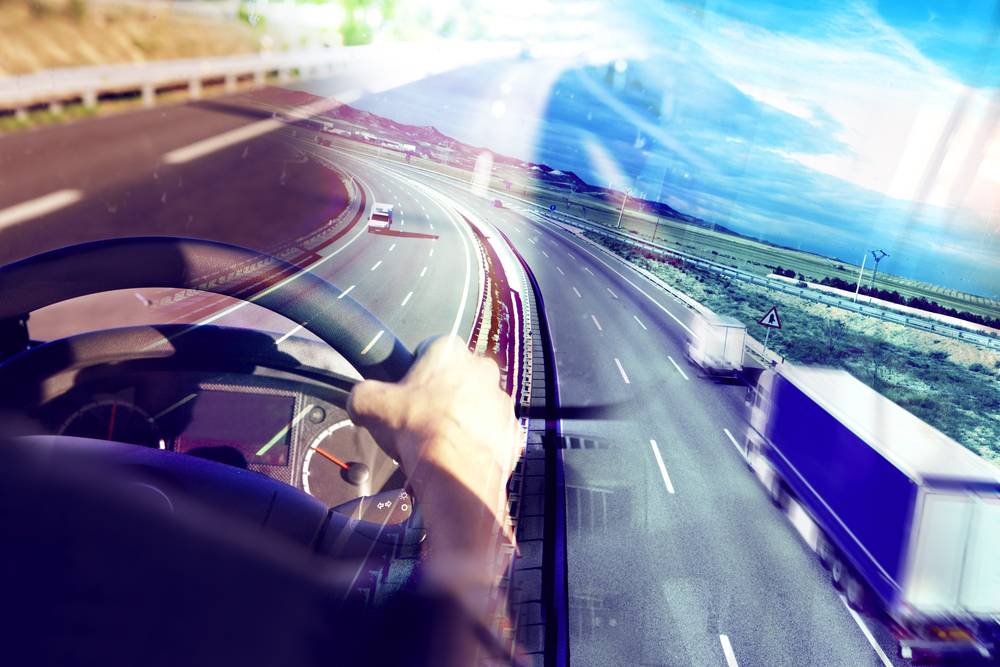 Last updated: December 17th, 2024 10:08 AM
Last updated: December 17th, 2024 10:08 AM
E-way Bill - Important Points & Documents
GST e-way bill acts as a document issued by the GSTN, which consists of details pertaining to the shipment and information about the consignor and consignee. E-way bill is mandatory for all consignments that have a value of more than Rs.50,000. E-way bill is mandatory from 1st April 2018 for all inter-state transport of goods. In this article, we look at the most important points you must know about e-way bills.Generating E-way Bill
E-way bill can be generated on the E-way Bill portal or SMS or API. If you are using LEDGERS GST Software, you can generate E-way bill from the software. Guide to Generating E-way Bill.Validity of E-way Bill
The validity of an e-way bill shall apply from the day from the date of generation of GST bill if the distance validates within 100 kilometres in the respected state. However, calculating the distance may change as per the regulation of the state. An additional day of validity is provided for every additional 100 kilometres, barring a few inescapable circumstances where leeway is provided. In the case if the transporter unable to transfer the goods within the validity period of the GST bill, the transporter can always generate another GST bill after updating the details in Part B FORM GST EWB-01. Note: An e-way bill generated in one State or Union Territory shall apply as valid in all the other State and Union Territory.E-way Bill Confirmation
The details of the generated GST bill will be provided to the registered recipient, where the information in Part A has been furnished by the supplier or transporter. Likewise, the registered supplier shall also receive the details under the same condition. Further to the provision of details, the supplier or recipient must convey his/her acceptance or rejection of the consignment covered in the bill.Deemed Acceptance
If the supplier or recipient fails or unable to communicate the acceptance or rejection of the bill within 72 hours of the receipt of details, it will be deemed that the concerned person has accepted the same.When E-way Bill is Not Required
The following transport does not need an e-way bill when the goods to be transported are listed in Annexure to Rule 138, which includes the following:- Liquefied petroleum gas for supply to household and Non-domestic Exempted Category (NDEC) customer.
- Kerosene oil sold under Public Distribution System (PDS).
- Postal baggage transported by the Department of Posts.
- Natural or cultured pearls and precious or semi precious stones; precious metals and metal clad with precious metal.
- Jewellery, goldsmiths and silversmiths wares and other articles.
- Currency.
- Used person household.
- Unworked and worked coral.
- If the supplier or transporter transported goods by a non-motorized conveyance.
- Transporter or the owner of the goods transporting the goods from the port, airport, air cargo complex and land customs station to an inland container depot or a container freight station for customs clearance.
- Movement of goods is within the confined territorial limits.
- Goods exempt from central tax.
- The transported goods include the likes of alcoholic liquor for human consumption, petroleum crude, high speed diesel/petrol and natural gas or aviation turbine fuel.
- The transported goods not catogrized as supply under Schedule 3 of the Act.
Documents and Devices to be Carried by the Transporter
The transporter of the conveyance is required to carry the GST invoice or bill of supply or delivery challan, along with a copy of the e-way bill or its number. After generating the bill, the supplier or the transporter should map the bill or number to a Radio Frequency Identification Device (RFID) embedded on to the conveyance. In lieu of tax invoice, the registered person may obtain an Invoice Reference Number (IRN) from the common portal by uploading the tax invoice in Form GST INV-1, and submit the same for verification to the officer concerned. The IRN will be valid for a period of 30 days from the date of uploading. Based on circumstances, the Commissioner may issue a notification and require the transporter of conveyance to carry the following documents instead of an e-way bill:- Tax invoice/Bill of supply/Bill of entry.
- Delivery challan in scenarios where the owner of the goods or the transporter transports goods for reasons, other than by way of supply.
Popular Post

In the digital age, the convenience of accessing important documents online has become a necessity...

The Atalji Janasnehi Kendra Project that has been launched by the Government of Karnataka...

The Indian Divorce Act governs divorce among the Christian couples in India. Divorce...

When an individual has more than a single PAN card, it may lead to that person being heavily penalised, or worse,...

Employees Provident Fund (PF) is social security and savings scheme for employee in India. Employers engaged...


